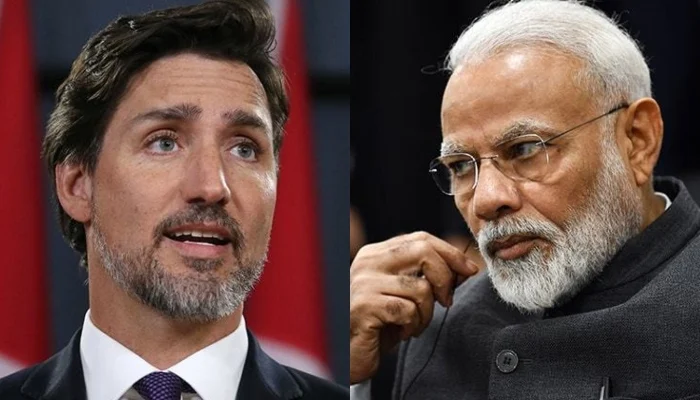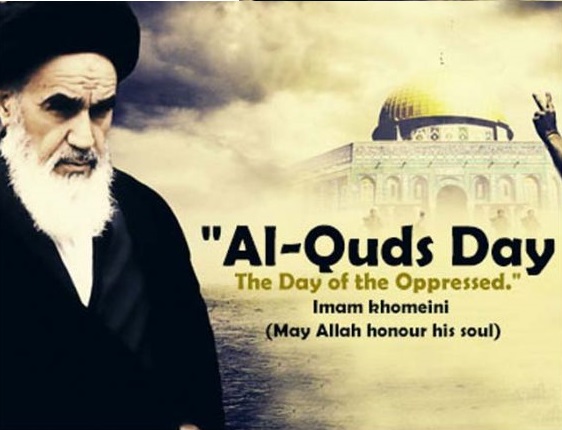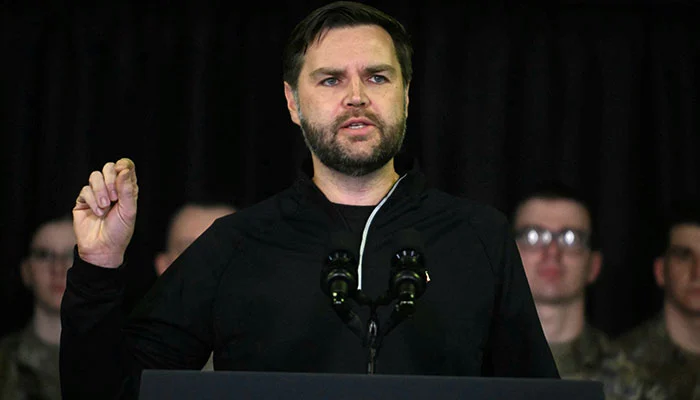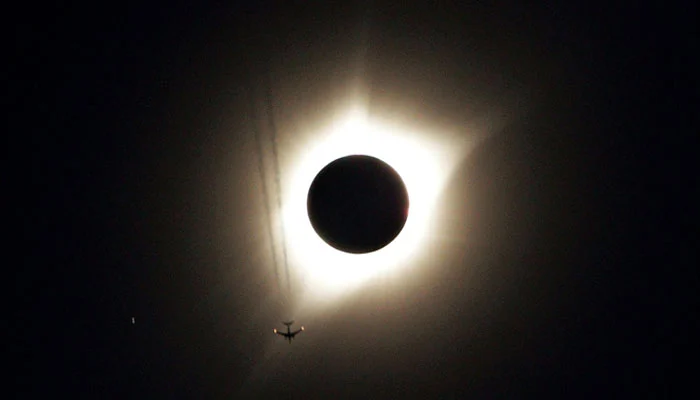The Indian government on Tuesday rejected Canadian Prime Minister Justin Trudeau’s allegations that the New Dehli was behind the assassination of Sikh leader Hardeep Singh Nijjar in Vancouver around three months ago.
“We have seen and rejected the statement of the Canadian Prime Minister in their parliament, as also the statement by their foreign minister,” a press release from the Indian government read.
In a tit-for-tat move, New Delhi also asked a senior Canadian diplomat to leave India, hours after Ottawa expelled an Indian diplomat over the killing of a Sikh separatist near Vancouver.
New Delhi’s decision reflected its “growing concern at the interference of Canadian diplomats in our internal matters and their involvement in anti-India activities”, the foreign ministry said in a statement.
Pro-Khalistan Sikh leader Hardeep Singh Nijjar, a strong supporter of an independent Sikh homeland known as Khalistan and local leader of the Sikhs For Justice and Khalistan Referendum campaign, was gunned down on June 18 outside a Sikh cultural center in Surrey, British Columbia.
In the shocking statement before the parliament on Monday evening, Prime Minister Trudeau said Canada’s national security agencies are investigating “credible allegations” that the “agents of the government of India” were involved in Nijjar’s assassination.
India termed Trudeau’s claims of its involvement in any act of violence in Canada as “absurd and motivated”.
“Similar allegations were made by the Canadian Prime Minister to our Prime Minister, and were completely rejected,” the statement from the Indian ministry added.
Trudeau told parliament that he brought up the slaying with Indian Prime Minister Narendra Modi at the G-20 last week, that he told Modi that any Indian government involvement would be unacceptable, and that he asked for cooperation in the investigation.
However, while other Sikh activists have been accusing India of being involved in the murder, the Narendra Modi-led government claimed: “We are a democratic polity with a strong commitment to the rule of law.”
Terming the allegations “unsubstantiated”, the Indian government said that the accusations shifted “the focus from Khalistani terrorists and extremists, who have been provided shelter in Canada and continue to threaten India’s sovereignty and territorial integrity.”
“The inaction of the Canadian Government on this matter has been a long-standing and continuing concern,” it countered, adding that Canadian political figures’ “open sympathy” for “such elements” was a “matter of deep concern”.
Interestingly, the Indian statement further accused Canada of giving space to a range of “illegal activities,” including murders, human trafficking, and organised crime.
Rejecting the Canadian PM’s claims, the statement concluded: “We urge the Government of Canada to take prompt and effective legal action against all anti-India elements operating from their soil.”
Furthermore, White House National Security Council spokesperson Adrienne Watson has said: “We are deeply concerned about the allegations referenced by Prime Minister Trudeau.
We remain in regular contact with our Canadian partners. It is critical that Canada’s investigation proceed and the perpetrators be brought to justice.”
This is not the first time the two leaders have butted heads, India, in 2020, termed Canadian Trudeau’s comments over protests by farmers — mostly from Sikh-dominated Punjab — near New Delhi as “unacceptable interference” and summoned Canada’s ambassador to formally lodge a protest.




